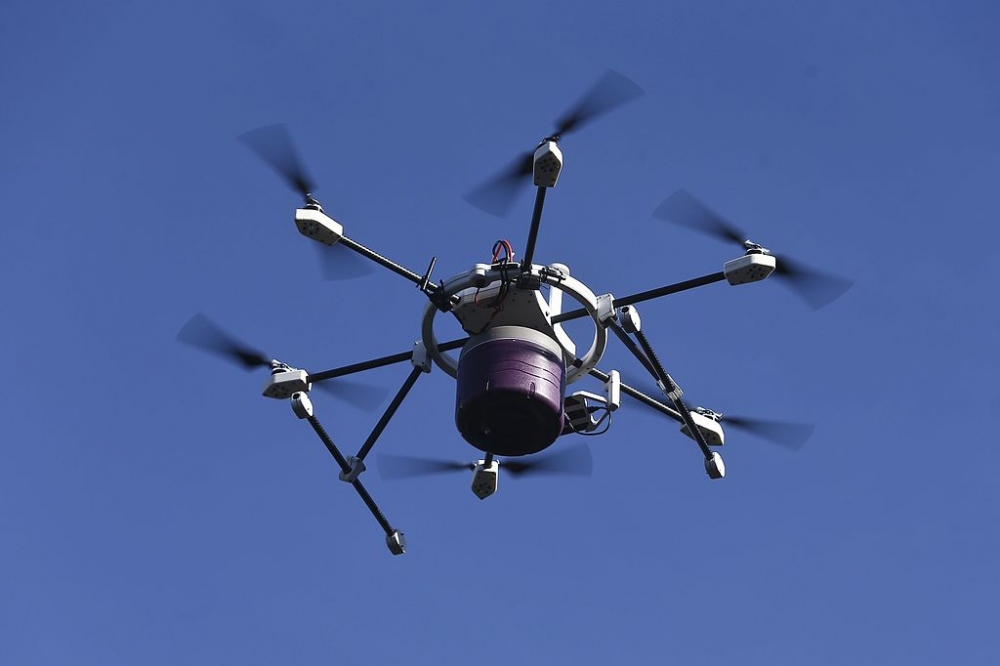Discussion paper reveals strong push for drone registration
19 December, 2017
2 min read
By joining our newsletter, you agree to our Privacy Policy


Most people who responded to an Australian drone discussion paper believe there should be a scheme to register the burgeoning airborne technology.
Some 86 percent of the 910 parties who responded to a discussion paper published by Australia's air safety regulator, the Civil Aviation Safety Authority, believed that drones should be registered.
What they didn’t agree on, according to the regulator, is how this should be achieved.
“Registration options include basing schemes on the owner, operator or drone, with weight or the type of operation being a determining factor in whether registration is required,’’ CASA said in one of its regular newsletters. “A majority of respondents said small drones should not be required to be registered.”
Former Transport Minister Darren Chester, who was dropped from cabinet on Tuesday, ordered the inquiry amid rising global worries about the explosive growth of remotely piloted aircraft systems, as drones are formally known, and the risks they pose to commercial aircraft.
In April, a drone allegedly came within 300ft of a Singapore Airlines Airbus A350 performing a flyover in Perth.
Chester has been replaced in the Infrastructure and Transport portfolio by Deputy Prime Minister Barnaby Joyce and it is unclear what this will mean in terms of drone regulation.
CASA’s analysis of the responses found there was broad support for drone training and a requirement to demonstrate proficiency, particularly for big drones.
Also backed was the use of counter-drone technology by trained law enforcement personnel to protect safety and security.
But support was divided on geo-fencing, where on-board technology is used to restrict where drones can fly.
About 47 per cent supported the concept while the rest were opposed and many respondents raised doubts about the effectiveness of geo-fencing.
“Most respondents thought the current rules were appropriate and that CASA is doing a good job,’’ CASA said in its analysis.
“Other themes included improving experienced drone operators’ knowledge of the rules and concerns about over-regulation and low enforcement of existing rules.”
CASA said it would use the feedback to inform the development of future legislation and promised to consult on proposed future changes.
Almost 600 of the respondents agreed to making their submissions public and these are available on the regulator’s website.
Get the latest news and updates straight to your inbox
No spam, no hassle, no fuss, just airline news direct to you.
By joining our newsletter, you agree to our Privacy Policy
Find us on social media
Comments
No comments yet, be the first to write one.

